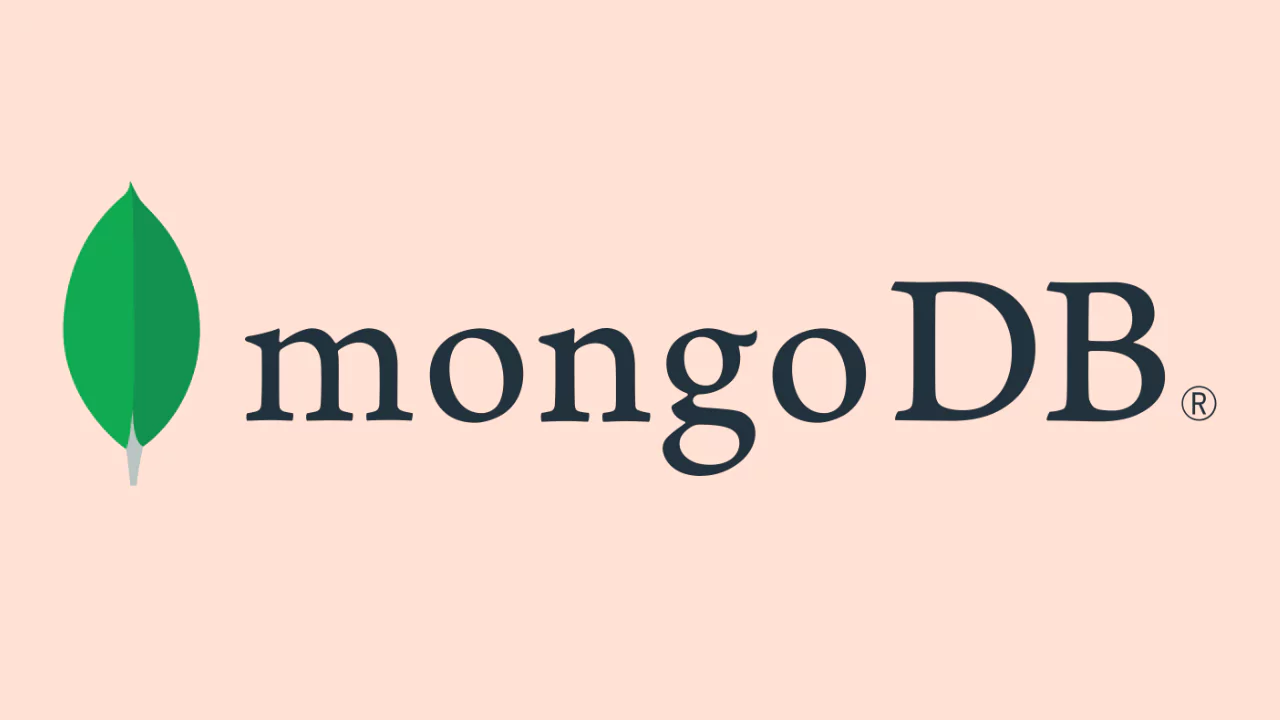In today’s era of Big Data, information comes in a multitude of formats beyond text. In many cases, traditional keyword search is inadequate when you need real-time relevant information. Forbes notes that vector search changes the playing field to help meet this requirement. By representing data as numerical vectors, vector search empowers applications to understand the meaning behind information and relationships between data sets. The result is improved accuracy and relevance in data retrieval. It allows businesses to build applications that can sift through massive data sources, find hidden connections, and deliver superior user experiences.
Atlas Vector Search, a feature of the MongoDB Atlas database platform, was developed to support such demands. Atlas Vector Search empowers developers to implement a powerful search functionality that goes beyond keywords.
Understanding Vector Embeddings and Semantic Search
At the heart of Atlas Vector Search lies vector embeddings. These are numerical representations of data points, where similar data points are mapped together. Think of a library where similar books are shelved next to each other. Vector embeddings achieve a similar outcome but in the digital realm.
Atlas Vector Search executes this concept to perform semantic search. Unlike keyword search, which focuses on literal matches, semantic search aims to understand the underlying meaning of a query. It analyzes the query itself as a vector embedding. Then, the system retrieves documents with vector embeddings closest to the query in the high-dimensional space. This allows Atlas Vector Search to identify conceptually relevant documents, even if they don’t contain the exact keywords used in the query.
Atlas Vector Search in Action
The concepts above are seen in action when Atlas Vector Search is integrated with large language models (LLMs). LLMs are a type of AI model capable of generating human-quality text, translating languages, and writing different kinds of creative content. However, they have limitations like any other technology. One key constraint is that they are trained on a fixed dataset, potentially leading to outdated information or an inability to understand nuances not included in the training data.
Atlas Vector Search provides a way to improve LLMs by incorporating vector search functionality. This allows LLMs to access and process information stored in Atlas databases. MongoDB’s guide to large language models outlines that it lets them retrieve the most relevant and up-to-date data for completing tasks, leading to more accurate and informative outputs. Additionally, Atlas Vector Search can help LLMs understand the semantic relationships between concepts, improving their ability to generate creative text formats that are consistent with the overall context.
For instance, an LLM tasked with writing a product description could leverage Atlas Vector Search to retrieve product details. At the same time, it can analyze customer reviews and social media mentions. This comprehensive understanding of the product allows the LLM to create a more nuanced and informative description, potentially leading to increased customer engagement.
Another implementation is building chatbots that support and perform natural conversations with users. In another post, Read Us 24×7 highlighted important chatbot capabilities including language understanding and logical reasoning. These qualities hinge on the chatbot’s ability to grasp the intent behind user queries.
Atlas Vector Search empowers developers on this front by helping chatbots understand the meaning behind a user’s question, even if it’s phrased differently than anticipated. It lets them retrieve the most relevant information from databases and deliver accurate, contextually appropriate responses. Integration with Atlas Vector Search also allows chatbots to leverage the vast knowledge stored within Atlas databases, enabling them to provide more comprehensive and informative answers. Ultimately, they can enhance user satisfaction and streamline customer interactions.
Benefits of Atlas Vector Search
Atlas Vector Search offers several advantages for businesses looking to enhance their search capabilities:
- Improved Accuracy for Unstructured Data: Atlas Vector Search delivers more precise and relevant results for tasks like product recommendations, document retrieval, and image classification.
- Enhanced User Experience: In many instances, users don’t perform highly accurate keyword searches. Atlas Vector Search’s ability to understand the intent behind a query allows for a more natural and intuitive search experience.
- Flexibility and Scalability: Atlas Vector Search seamlessly integrates with existing MongoDB Atlas deployments. This allows businesses to leverage their existing infrastructure while scaling their search capabilities as data volumes grow.
- Integration with AI Applications: Vector embeddings are a cornerstone of many AI applications, including machine translation and chatbots. AI applications can leverage Atlas Vector Search to efficiently retrieve the most relevant data for specific tasks, leading to improved accuracy and performance. This is especially important for native-level AI integration, such as the case of Apple which intends to deploy AI that’s locally hosted on their devices. Atlas Vector Search allows developers to easily integrate vector search functionality into their AI workflows, streamlining development and enhancing application performance.
As the volume and complexity of data continue to grow, Atlas Vector Search positions itself as a valuable tool for businesses seeking to use information better than ever. By enabling semantic search and integrating seamlessly with AI applications, Atlas Vector Search empowers developers and users to make better decisions, improve experiences, and drive innovation.


